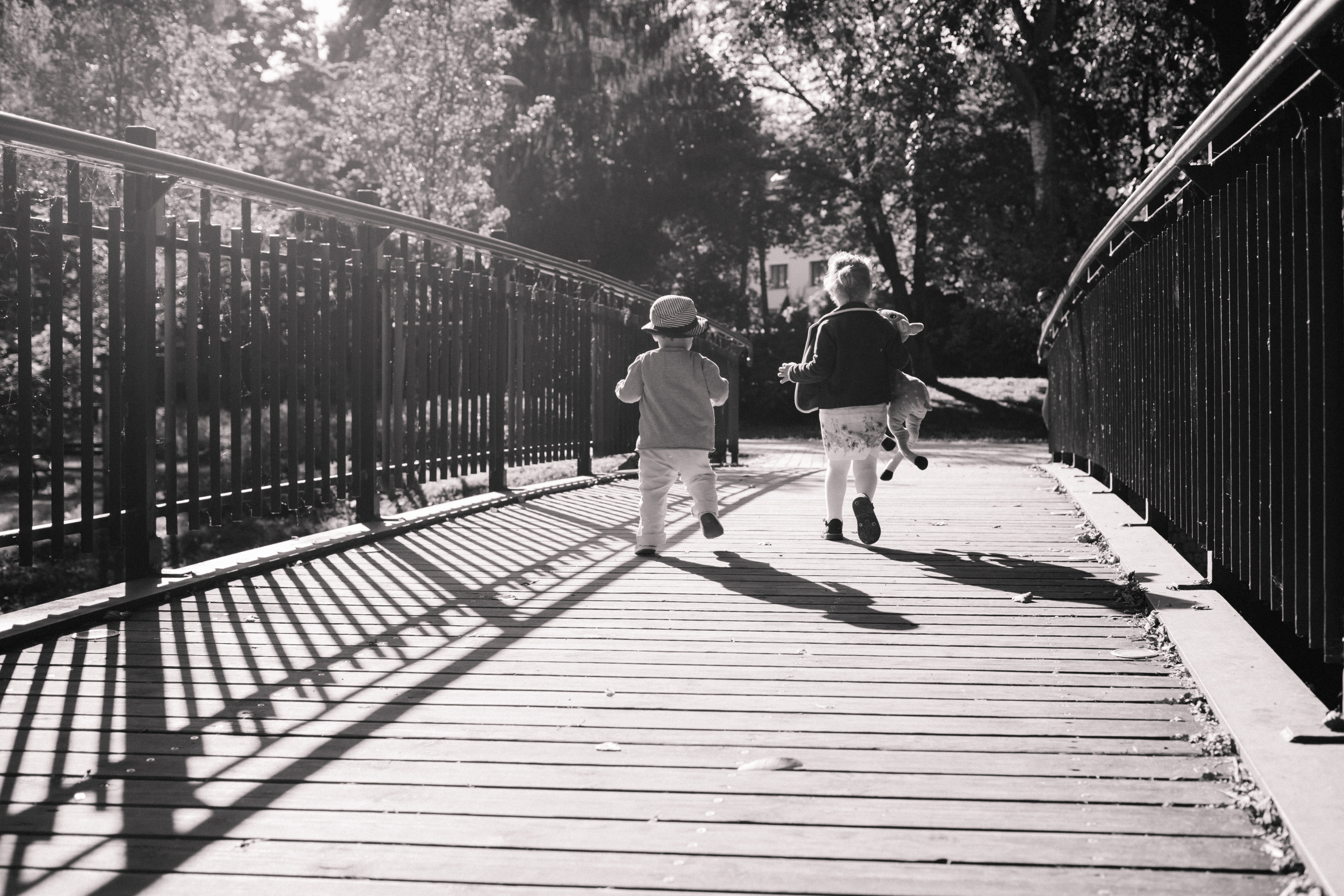
free play has lots and lots of benefits. it’s being seen now as the primary tool for evolution and learning. we’ve put down some of it’s benefits for you to quickly get a sense of just how important this tool is.
do keep in mind some of the “21st century skills” – of creativity, self awareness, empathy, problem solving – as you read these.
9. joy of discovery
children these days “know” a lot. they’re store houses of information, facts and knowledge gleaned from just about anywhere. it is in free play, however, that children experience the joy of discovery - the freedom to pursue their own ideas without being constrained by a predetermined outcome or a “right way” to do things, and where they can see/experience/feel the joy of what those ideas lead them to.
8. innovation and problem solving
free, unstructured play naturally throws up its own challenges “how does one build a car with a plank of wood some rope and a single tyre?” these ever important questions have to be solved, thereby developing creative problem solving skills and positive attitudes in the face of challenge - the seeds of innovation.
7. learn to learn
play encourages curiosity, allows for plenty of exploration, time for wonder, and helps in the development of a keen sense of observation. in free play children ask questions, pursue answers and do this over and over again, practicing all they need to become life long learners.
6. ready for life
in free play (away from adults) children learn to figure things out for themselves, they take healthy risks, cope with failure and persevere - developing a strong foundation for the challenges of life.
5. increased attention span and mindfulness
when children (or anyone) immerse themselves in free play, they experience a state of “flow” - a deep centering, an alignment of concentration and a rootedness in the ‘now’. practicing free play in this way, is akin to building concentration and practicing mindfulness.
4. internal locus of control
psychologist Peter Gray says “play is nature’s way of teaching kids they are not helpless”.
free play builds an internal locus of control – a feeling that “i am in control of my own life”. in recent research a strong correlation has been found an external locus of control and anxiety/depression. and it makes sense, doesn’t it – you’re less likely to be depressed if you feel capable of “pulling yourself out of it”
3. emotional resilience
without the tools of language to “talk about it”, children often use play as a natural coping mechanism - to deal with and sort through tangled feelings they may be experiencing. for instance, post a trauma of some sort, many children will re-enact the trauma again and again in their play till they have fully “dealt with” the trauma and sorted through their feelings internally.
2. develops imagination and keeps pushing boundaries
children in play learn to entertain themselves, nurture their inherent creativity and give full reign to their imagination. children naturally play in ways to keep challenging themselves - mentally, imaginatively and physically as well – because “it’s just not fun otherwise” :)
1. development of social skills and empathy
when playing with others, children practice negotiation, sharing, caring, self regulation and being fair - essential practice in navigating the complex world of human relationships.
even pretend play – in essence, walking in someone elses’ shoes – is a natural empathy builder.




Leave a comment